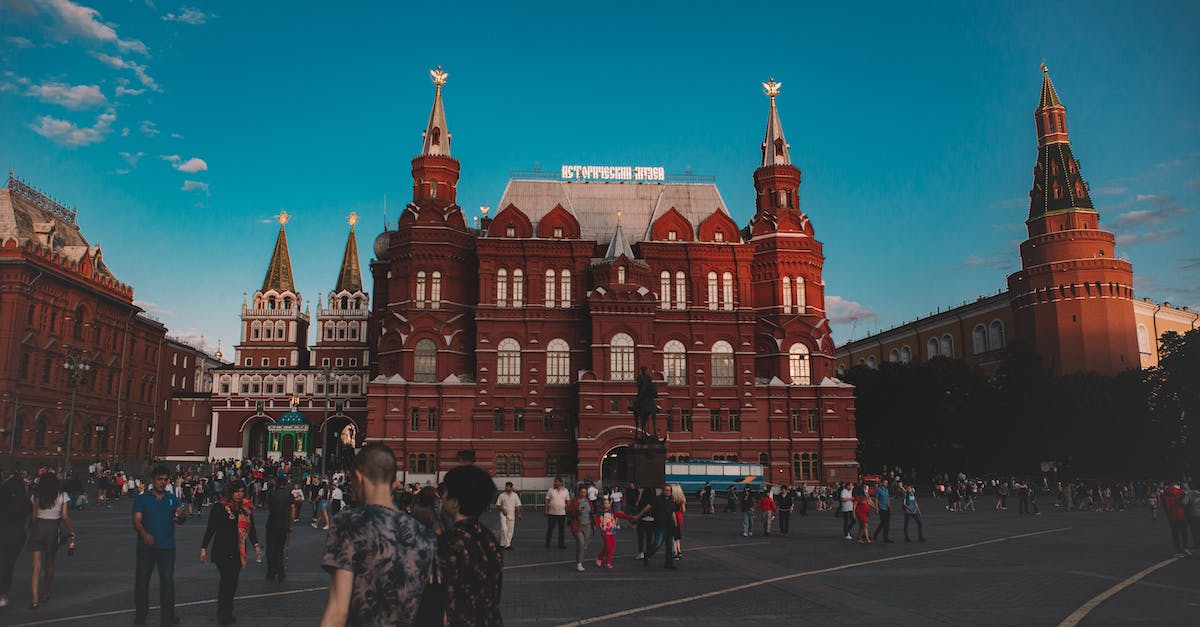A portfolio manager’s 5 book recommendations for understanding Europe’s energy crisis

The Energy Crisis in Europe: Causes and Solutions.
The energy crisis in Europe is the result of several factors. Some of these factors include:-Lack of access to energy resources due to pollution and climate change
-High prices for electricity and natural gas
-Inflation that has made it difficult for people to afford energy
-Rising fuel costs and regulations from many countries
-Diverting resources from traditional industries to meet energy needs
What are the Causes of the Energy Crisis in Europe
A large factor in the energy crisis in Europe is climate change. Heat waves, frequent rains, and changes in precipitation patterns have caused water supplies to dwindle and wildfires to become more common. This has resulted in decreased production for hydropower and increased demand for oil and gas.Lack of access to energy resources is another major cause of the crisis. Many countries have little or no natural gas left after being extracted from coal, oil, or other sources. This has led to high electricity prices and a decline in economic development in many parts of Europe.Inflation also plays a role in the energy crisis in Europe. Prices for gasoline, electric power, and natural gas have increased rapidly since 2007, making it difficult for people to afford these items on their regular budgets. Additionally, many countries are struggling with regards to debt levels and spending limited funds efficiently.Rising fuel costs are another issue that is causing concern across Europe. Gasoline has been increasing at an alarming rate due to refinery capacity expansions as well as higher taxes on gasoline brought about by the financial crisis. This has put pressure on companies who produce gasoline and other fuels, making them unable to keep up with rising prices without losing customers or revenue.Regulations from many countries are also a part of the blame for the crisis in Europe’s energy sector. Income restrictions and tariffs levied by some countries restrict alternative energy sources while encouraging nuclear power development across the continent. This has resulted in a decrease in energy efficiency and the need for more expensive energy sources.
The European Union and the Energy Crisis.
The Energy Crisis in the European Union is a problem that has been brewing for some time. The crisis began when countries in the European Union began to reduce their reliance on coal and other fossil fuels, which led to an increase in energy prices. This increased cost has had a profound impact on the economy and social lives of millions of people in Europe.
The European Union and the Energy Crisis: What is It Doing
The Energy Crisis in the European Union is caused by many factors, but one of the most important is government policy. Governments have been reducing their use of fossil fuels, but they haven’t done enough to stop energy prices from going up. This has caused a lot of pain for ordinary people, and it’s only going to get worse as more countries join the EU.The European Union and the Energy Crisis: What are the Implications of the Energy CrisisThe Energy Crisis in Europe has serious implications for both economic development and social life. For example, it’s causing businesses to close their doors, leading to a decline in job opportunities and homes lost to foreclosure; it’s driving up food prices, making it harder for people to afford necessary resources; and it’s forcing people ontoemergency diets as they try to make ends meet.
The European Union and the Energy Crisis: What to Do.
Conclusion
The Energy Crisis in Europe is a result of many factors, including climate change, European Union Expansion, and energy consumption. The solutions to the Energy Crisis in Europe include reducing energy consumption, reforming the European Union, and providing support for renewable energy. The European Union must take action to reduce its dependency on fossil fuels and provide more opportunities for renewable energy to grow. If it does not act soon, the Energy Crisis in Europe will become a reality.








